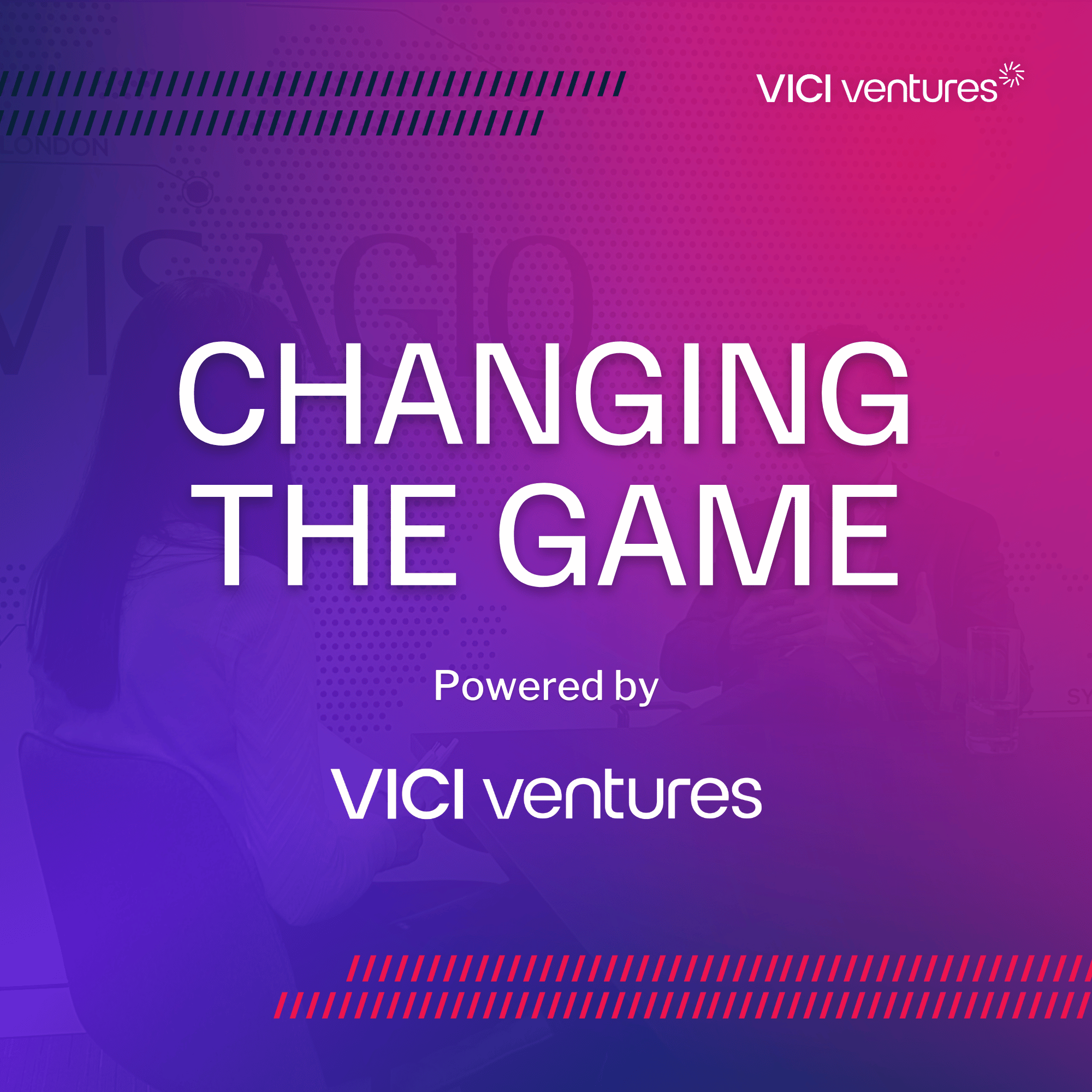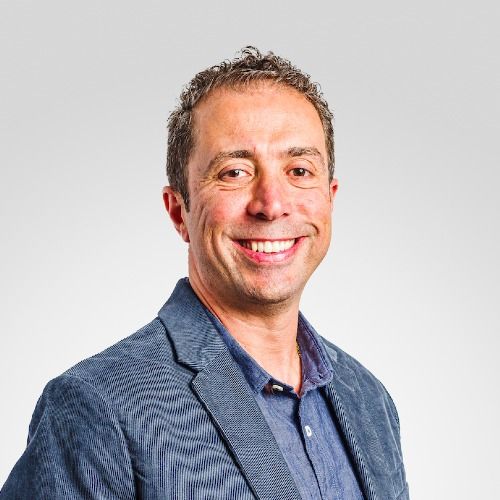Episode 1
Changing The Game with Wilson Casado - Suzanne Waldron
Nominated for Western Australian of the year, Suzanne Waldron has a great list of achievements under her belt, being an ambassador for RUOK?, leader of the TedxPerth team, a behavioral change facilitator and a twice published author.
All of these titles arose out of Suzanne’s interest in how humanity can build the best possible existence for itself within the reality presented to us, and she engages in this wonderful interest in working with leaders from around the world in embedding healthy relationships.
There could have been no better option for our first guest on Changing The Game, where she shared incredible stories surrounding her life’s work.
The Game of Life
“Well, first we need to know what the game is and what are we changing”, Suzanne starts.
Life is, in many ways, a game, and we are all trying to play it to the best of our abilities, and the mere fact that we are playing it is a privilege.
For Suzanne, this game started out rather roughly, and she describes the first seventeen years of her life as “Traumatic”, having grown in a foster home, her first aspiration was simply to be safe.
Now, knowing Suzanne as a friend, and generally a really positive and caring person, I was curious about what was that pivotal moment in her life.
“I’m thinking, has anything changed?”, Suzanne replied, after all there is a constancy throughout her history, she has always remained herself, it was her role, her relationships, her emotions that changed, not her.
So, she emphatically concludes that there was no “key moment”, but rather a mix of the natural flow of life, the kindness of strangers that saw something in her that she couldn’t see herself, and her own constant self development.
Equity
So, with the idea that Suzanne’s current success came as a result of the impact that others had in her life, we can look at her efforts in ensuring equal opportunity for all, and ask what role can we play in other people’s stories.
“First, we need to think of what access is, and where it doesn’t apply”
As an example, she points at herself, a white woman with all physical and mental faculties, that has access to clean water, healthcare, education, and housing, and how there is a plethora of places where people are not so lucky.
This accessibility to resources, doesn’t just affect our quality of life, but also our ability to solve problems, for example, a village without access to water is going to have a hard time growing crops.
The fact is, we don’t all get the same starting point, and those that find themselves with the short end of the stick need help from those in a better position to get a chance at bettering their lives.
Education vs Access
When it comes to education as a motor for change, we find ourselves in a complicated place, after all, as Suzanne points out, “you can be educated and still not have access to something”.
In other words, you can be extremely resourceful, have a degree and a mind for problem-solving, but if you still have no access to basic resources, you will still be unable to come up with solutions for your immediate situation.
There is also the issue of cultural access, as you can be well-educated, but still be held back due to social alienation because of your gender, your religion, your ethnicity, or any other aspect of your identity that falls outside cultural hegemony.
So, although education gives us internal resources, it still cannot change our external conditions that might put themselves in front of our efforts for better living standards.
Change From Within
So, within this game that involves every member of society where some get more to play with than others, we can look at our governments as being a major piece in the board.
The first step for it to incorporate this central role is acknowledging this unequal reality and compromising to address it, for people in decision-making positions to recognize this state of affairs.
Then we can start talking about concrete action in the form of inclusive policies, resource redistribution, and accessibility efforts, but the very first step is the individual acknowledgement of what is not available to others.
A Measured Response
One of the ways in which these issues have been addressed was regarding gender equality where the solution of dividing every position of the workforce in 50/50 for men and women has often been defended.
Suzanne then argued that “The 50/50 bit doesn’t mean anything to me, it could be 40/60 or whatever”, but that quotas actually are important as quantifying something does lead to progress.
The idea is that by implementing quotas, we can move into the position where they no longer are necessary, and that a more equal view of workplace positions is seen as something natural.
In essence, quotas are positive in the sense that they bypass bias, create a precise measurement for equity, and creates new opportunities, which is why they should be implemented until they are no longer necessary.
Conclusion
If we are to take anything out of this wonderful interview with Suzanne Waldron let it be a lesson on the necessity of reflecting how privileged we truly are and the need to break out of this spot of comfort to raise other people up.
After all, when it comes to inventiveness, talent, and potential, the human race is a never-ending treasure pool, and the only thing that holds it back is how unequally and resources and opportunities distributed.
So, I would like to leave you, my dear reader (or listener) with the following question: What are your privileges? And what can you do to raise another into a better place and completely change the game for them?

